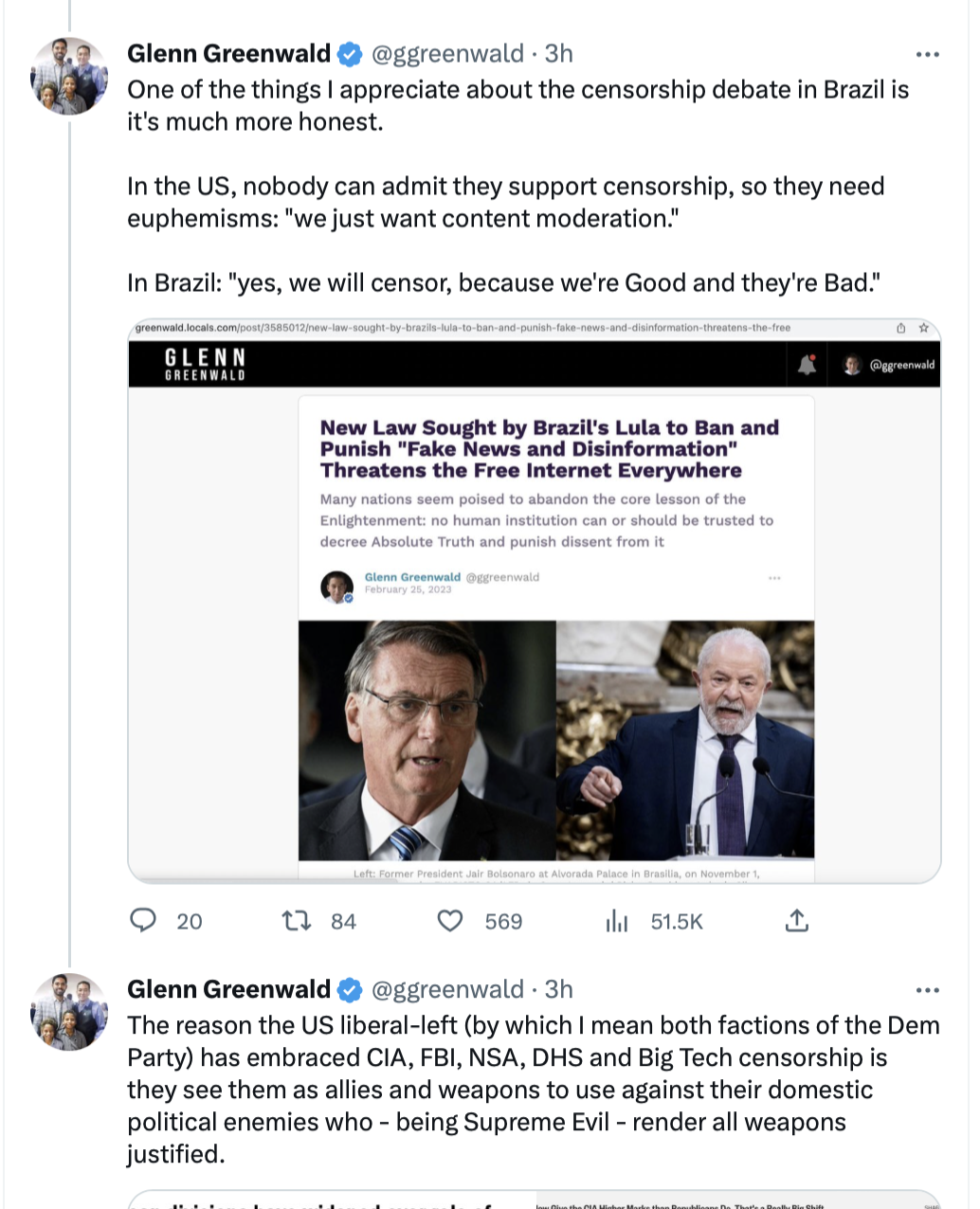What College Professors Think About Free Speech on Campus – 2022 Research
FIRE's new research regarding the ways university faculty think of free speech. Some of the findings:
- More than half of faculty (52%) reported being worried about losing their jobs or reputation because someone misunderstands something they have said or done, takes it out of context, or posts something from their past online. Almost three-quarters of conservative faculty (72%), 56% of moderate faculty, and 40% of liberal faculty reported feeling this way.
- A significant portion of faculty (ranging from 18% to 36%) endorsed their college’s administration launching a formal investigation into other faculty members for their controversial expression.
- Roughly one-third (34%) of faculty said they often feel they can not express their opinions on a subject because of how students, colleagues, or the administration would respond, compared to one-fifth of students surveyed for FIRE’s CFSR.
- The percentages of faculty who said they were very or extremely likely to self-censor in different contexts ranged from 25% (in academic publications) to 45% (on social media). Only 8% of all faculty said they do not self-censor in any of the four contexts asked about.

